Publications
Articles, publications, books, tools and multimedia features from the U.S. Institute of Peace provide the latest news, analysis, research findings, practitioner guides and reports, all related to the conflict zones and issues that are at the center of the Institute’s work to prevent and reduce violent conflict.
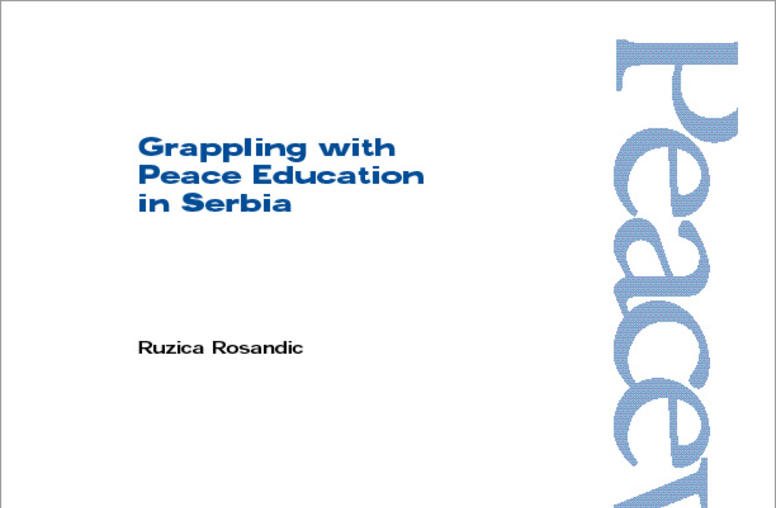
Grappling with Peace Education in Serbia
Since the violent breakup of the Federal Republic of Yugoslavia began in 1991, the children of Serbia have suffered the debilitating effects of wartime conditions. These include various forms and degrees of deprivation: social, emotional, moral, and intellectual.
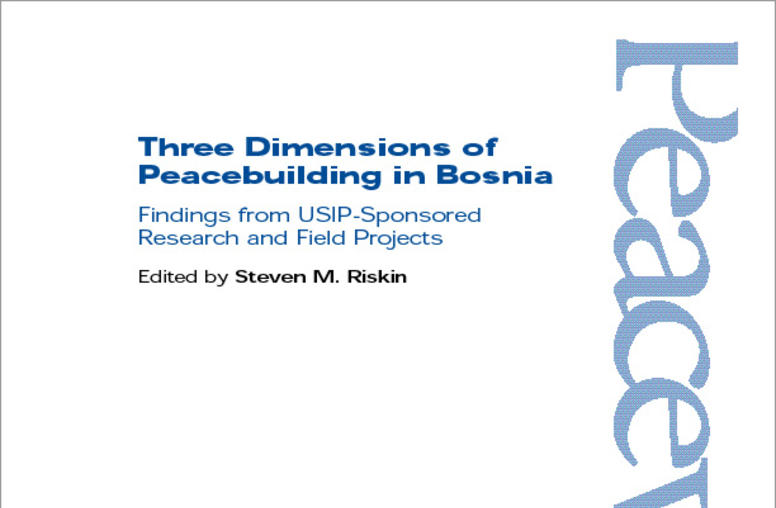
Three Dimensions of Peacebuilding in Bosnia: Findings from USIP-Sponsored Research and Field Projects
The purpose of this Peaceworks is to highlight some of the Institute-funded programs focusing on Bosnia and Herzegovina and to share some of the lessons gleaned from policy-related research covering foreign aid, human rights and rule of law, and programs devoted to reconciliation and civil society institutions in Bosnia.
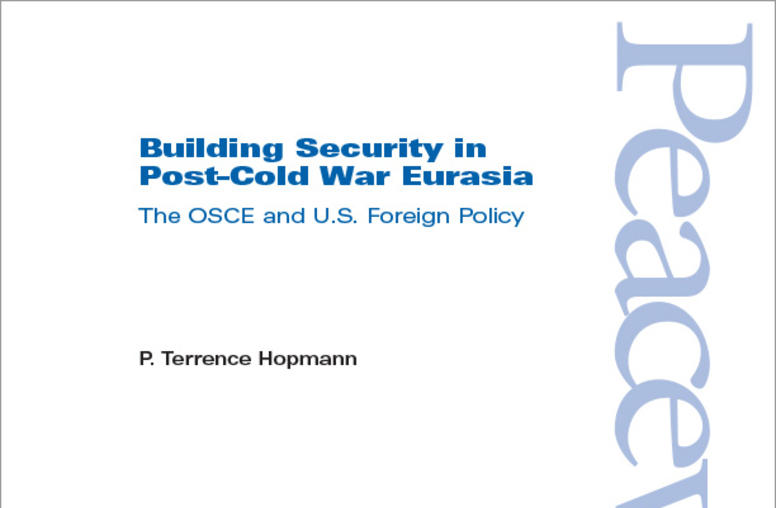
Building Security in Post–Cold War Eurasia: The OSCE and U.S. Foreign Policy
Before NATO forcefully halted Serbia's violence against ethnic Albanians in Kosovo, another European security organization was operating in the region—the Organization for Security and Cooperation in Europe (OSCE). In this report, Terry Hopmann elaborates on the conflict-management work of the organization and explores its possibilities as a complement to the United States' almost sole reliance on NATO as the principal instrument of U.S. foreign policy in trouble spots across Europe (espec...
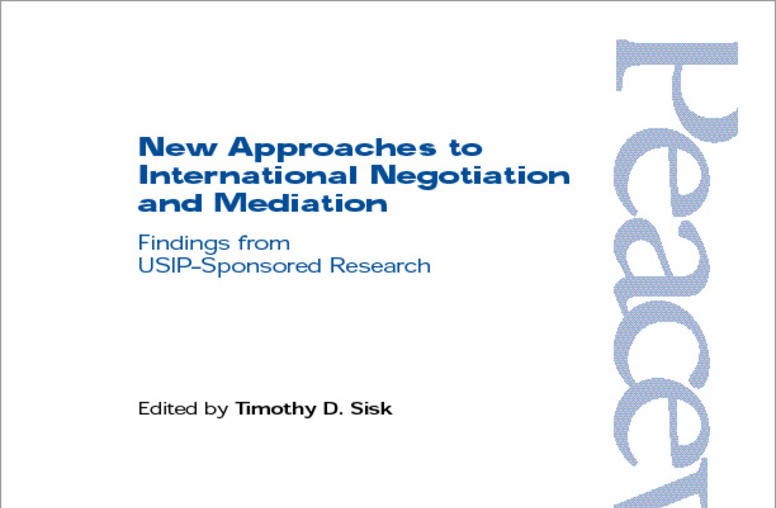
New Approaches to International Negotiation and Mediation: Finding from USIP-Sponsored Research
This report excerpts key findings from some Institute-supported research. In response to a loosely structured questionnaire, selected project directors identified the key theoretical findings of their research projects, those most likely to be of use to policymakers, and new approaches to skills training and teaching.
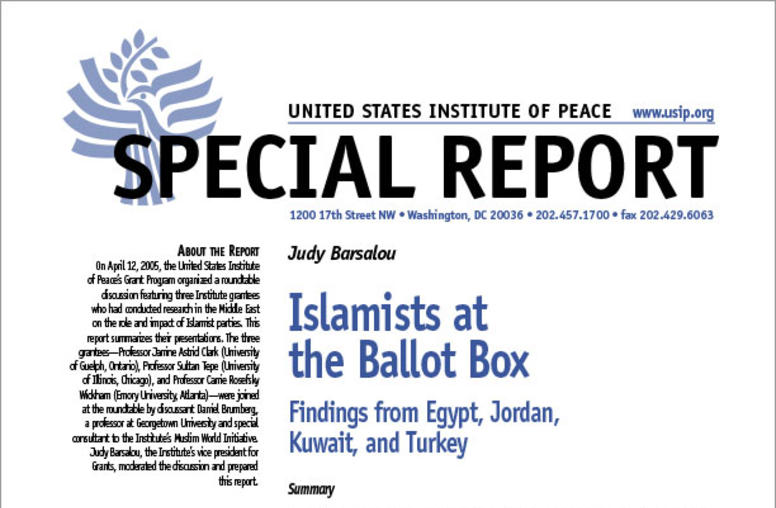
Islamists at the Ballot Box: Findings from Egypt, Jordan, Kuwait, and Turkey
On April 12, 2005, the United States Institute of Peace's Grant Program organized a roundtable discussion featuring three Institute grantees who had conducted research in the Middle East on the role and impact of Islamist parties.
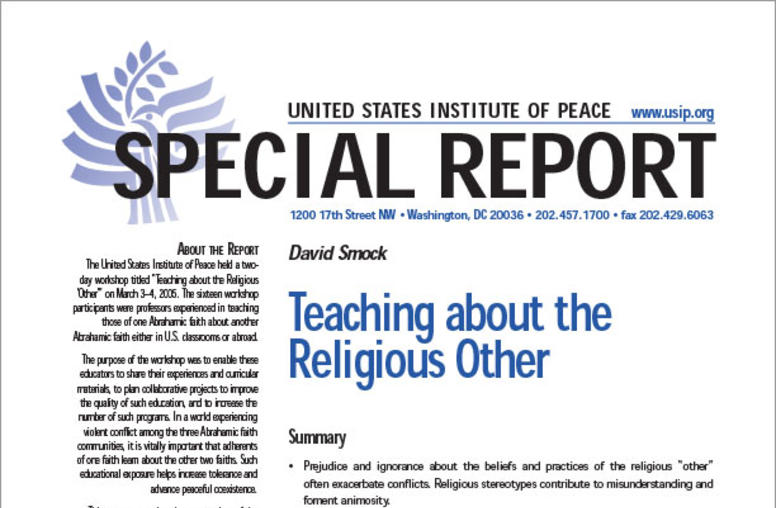
Teaching about the Religious Other
The United States Institute of Peace held a two-day workshop titled "Teaching about the Religious 'Other'" on March 3–4, 2005. The sixteen workshop participants were professors experienced in teaching those of one Abrahamic faith about another Abrahamic faith either in U.S. classrooms or abroad. This report summarizes the presentations of the participants, introduces some promising new programs for teaching about the religious other, and offers lessons drawn from the discussion. It was writte...

Political Islam in Sub-Saharan Africa: The Need for a New Research and Diplomatic Agenda
Summary An understanding of the multifaceted nature of political Islam on the African subcontinent is a precondition for the formulation of an effective U.S. policy toward the region. Such a formulation would place political Islam in a historical and contemporary context. In East Africa, discrimination against Muslims—which began in colonial mission schools and continued in education and employment following independence—played an important role in the development of political Islam...
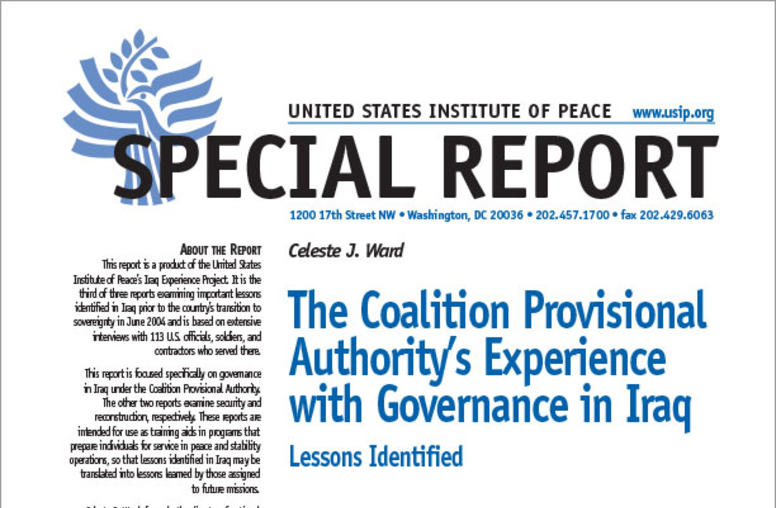
The Coalition Provisional Authority's Experience with Governance in Iraq: Lessons Identified
This report is a product of the United States Institute of Peace's Iraq Experience Project. It is the third of three reports examining important lessons identified in Iraq prior to the country's transition to sovereignty in June 2004 and is based on extensive interviews with 113 U.S. officials, soldiers, and contractors who served there. This report is focused specifically on governance in Iraq under the Coalition Provisional Authority.
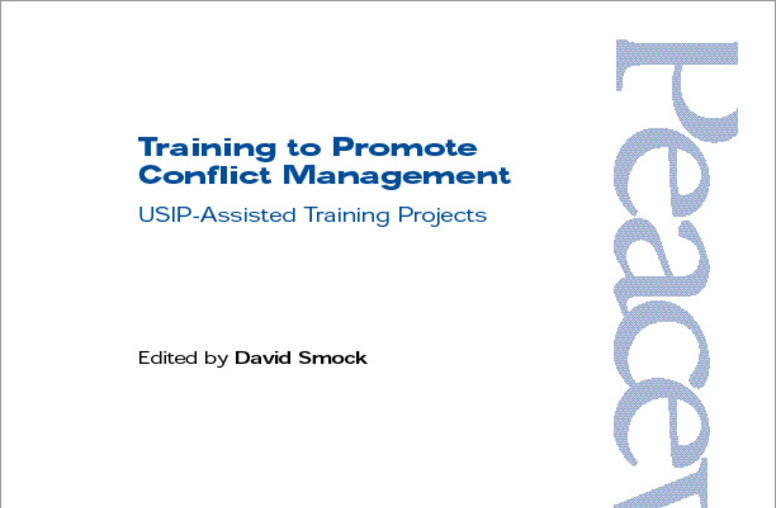
Training to Promote Conflict Management: USIP-Assisted Training Projects
The training projects described in this report took place in China, countries of the former Yugoslavia, Ethiopia, Nigeria, Somalia/Somaliland, and southeastern Europe; two other projects had worldwide scope. These projects had a variety of purposes and used training to achieve several different ends.
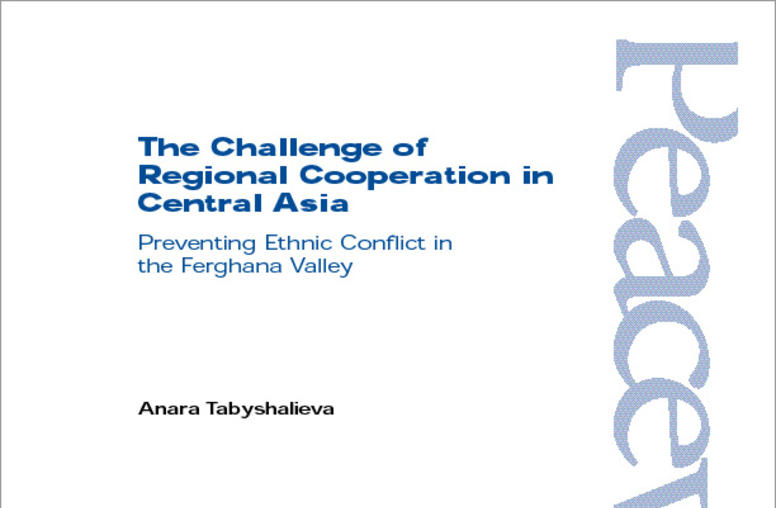
The Challenge of Regional Cooperation in Central Asia: Preventing Ethnic Conflict in the Ferghana Valley
This report looks at social fragmentation currently taking place in Central Asia and its possible repercussions for the future of regional cooperation.